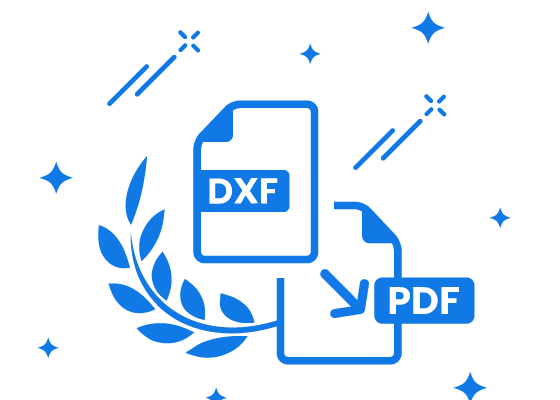In the realm of design and drafting, the ability to seamlessly exchange and collaborate on files is paramount. One challenge that often arises is converting files from one format to another while preserving the integrity of the original design. This article delves into the process of converting pdf to dxf online and explores the benefits of this transformation in the context of design collaboration.
Understanding PDF and DXF:
PDF files are widely used for document exchange due to their universal compatibility and fixed formatting. However, when it comes to technical drawings and design files, the DXF format takes center stage. DXF is a vector-based file format developed by Autodesk, specifically designed for the exchange of CAD (Computer-Aided Design) drawings between different systems.
The Conversion Process:
Converting PDF to DXF involves a series of steps to ensure accuracy and maintain the precision of the original design.
- Selecting the Right Tool:
Choose a reliable PDF to DXF converter tool. Various software options are available, each with its unique features and capabilities. Popular choices include AutoDWG PDF to DWG Converter, Able2Extract Professional, and Inkscape. - Uploading the PDF File:
Open the chosen converter tool and upload the PDF file you wish to convert. Ensure that the PDF contains vector graphics or CAD elements, as the conversion process primarily deals with these components. - Configuring Conversion Settings:
Most PDF to DXF converters allow users to configure settings such as scale, layering, and entity types during the conversion process. Adjust these settings based on the specific requirements of your design. - Executing the Conversion:
Initiate the conversion process and let the software transform the PDF file into DXF format. The time taken for conversion depends on the complexity and size of the original PDF file.
Benefits of PDF to DXF Conversion:
- Editable CAD Elements:
DXF files retain the individual CAD elements, allowing for easy editing and modification using CAD software. This is particularly beneficial for design professionals who need to make precise changes to the drawing. - Enhanced Collaboration:
DXF is a standard format in the CAD industry, making it easier to collaborate with peers, contractors, and clients. The convert DXF files can be seamlessly integrate into various CAD platforms without compatibility issues. - Preservation of Scale and Accuracy:
Converting pdf to dxf online ensures that the scale and accuracy of the original design are maintained. This is crucial for projects where precision is paramount, such as architecture and engineering.
Conclusion:
In the ever-evolving landscape of design and drafting, the ability to convert PDF files to DXF format opens up new avenues for collaboration and innovation. By leveraging the right tools and understanding the intricacies of the conversion process, design professionals can unlock the full potential of their creations and streamline workflows for enhanced efficiency.

